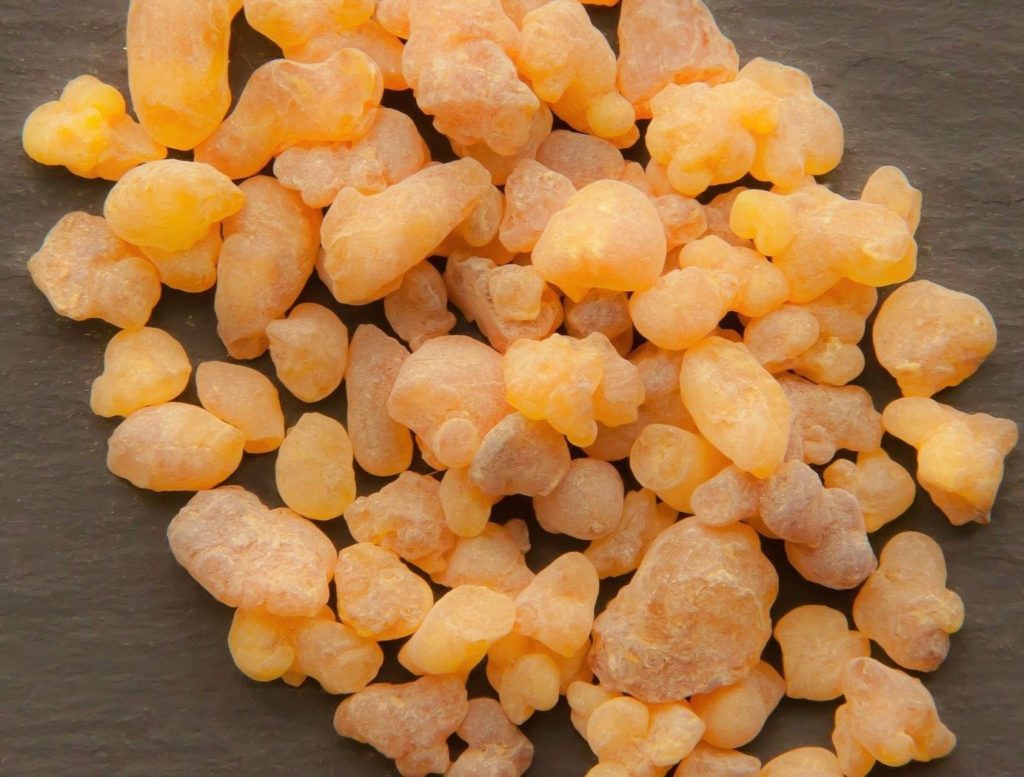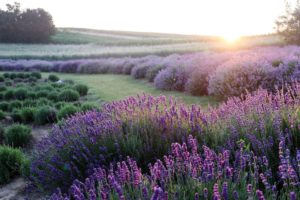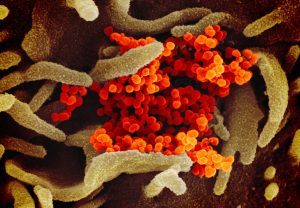Potential Integrative Treatment Options for Asthma

Asthma is a fairly common condition that involves spasms of the airways and excess mucus production that can make it harder to breathe. Asthma attacks can be triggered by allergens or other irritants. Unfortunately, the condition can be fatal, with estimates suggesting 461,000 individuals die worldwide per year (GBD 2019).
Standard treatments for asthma include inhaled steroids and beta-agonists. However, these treatments aren’t without side effects. Inhaled steroids can suppress immune function in the lungs and lead to infections, including almost doubling your risk for pneumonia (Qian 2017). And beta-agonists have been associated with an increased risk of death from asthma, although likely due to overuse and delayed care during severe asthma episodes (Pilcher 2017).
Additional effective treatments for asthma are needed. Currently, several herbal approaches have at least initial clinical trial data suggesting benefits:
- Eucalyptus (as eucalyptol)
- Blackseed (Nigella sativa)
- Frankincense (boswellia)
- Pine-bark extract (pycnogenol)
Eucalyptus (as eucalyptol)
Eucalyptus was historically used by the native people of Australia for treating lung conditions and as a topical antimicrobial. Recently, research has focused on the main constituent found in the essential oil, eucalyptol, as a treatment for a number of conditions, including asthma. An initial double-blind, placebo-controlled trial found a reduction of oral steroid use in severe asthma of 36% over the course of 12 weeks (Juergens 2003).
A longer study treated asthma patients for six months with eucalyptol and also found significant improvements. Patients were able to breathe easier, lung function improved and quality of life was better with eucalyptol as compared to controls (Worth 2012).
Research appears to indicate that eucalyptol has anti-inflammatory effects, smooth muscle relaxing properties (opening airways) and decreases mucus (Juergens 2020). These combined activities are likely why the herb shows promise for asthma and other respiratory conditions.
Blackseed (Nigella sativa)
Blackseed has long been revered for its medicinal potential in Middle Eastern countries. While it is used in culinary dishes, it also has been used historically in folk medicine. The herb appears to display some potential for health benefits, including for allergic conditions. In a trial of partially controlled asthma, supplementation of blackseed improved lung function and asthma symptoms (Salem 2017).
A separate four week trial found improvements in asthma control and a trend towards improved function with blackseed (Koshak 2017). An earlier, initial pilot study, also found reduced need for medication with blackseed supplementation (Boskabady 2007).
Blackseed, similar to eucalyptol, has anti-inflammatory and smooth-muscle relaxing properties (Gilani 2001, Shad 2021). The herb has also been shown to have antihistamine effects, similar to standard allergy treatments (Koshak 2017).
Frankincense (Boswellia)

Another ancient remedy, frankincense, has been used medicinally for its anti-inflammatory properties for centuries. Trials of its effects in asthma have also begun to lay a foundation of evidence for its efficacy. An initial trial found that frankincense improved symptoms and lung function in 70% of individuals after six weeks (Gupta 1998).
A more recent trial found that frankincense decreased the need for inhaler use by 43% over the course of four weeks (Ferrara 2015). Interestingly, inhaler use dropped steadily each week and may have declined further if the study had been extended.
Frankincense has well recognized anti-inflammatory and immune modulating benefits. A study in stroke patients documented the changes and improvements in immune and inflammatory cell signaling molecules with frankincense during supplementation (Baram 2019).
Pine-Bark Extract (Pycnogenol)
Pine bark is rich in antioxidant compounds that display anti-inflammatory and other potential health promoting benefits. Among a number of different clinical effects seen with pine bark, improvements in allergy symptoms have been found. The most common pine-bark extract studied is a trademarked product, pycnogenol, derived from french-maritime pine trees.
One of the first studies to explore the use of pine bark extract for asthma was a small study that used a crossover design. Participants were on pycnogenol or placebo for four week and then switched to the opposite treatment. While taking the supplement, lung function improved and asthma symptoms decreased on average (Hosseini 2001). Further studies have confirmed the benefits in childhood and adult asthma, again showing decreased symptoms and improved lung function when combined with standard treatment (Lau 2004, Belcaro 2011).
Similar to other natural treatments, pycnogenol has been shown to have anti-inflammatory effects along with decreasing mucus production (Liu 2016).
Conclusion
Asthma is a challenging condition that can lead to significant morbidity and mortality. Standard treatments have side effects and don’t always completely relieve symptoms. While more research is needed, initial clinical trials suggest promise for a number of natural treatment approaches combined with standard medications, including eucalyptol, blackseed, frankincense and pine-bark extract.



